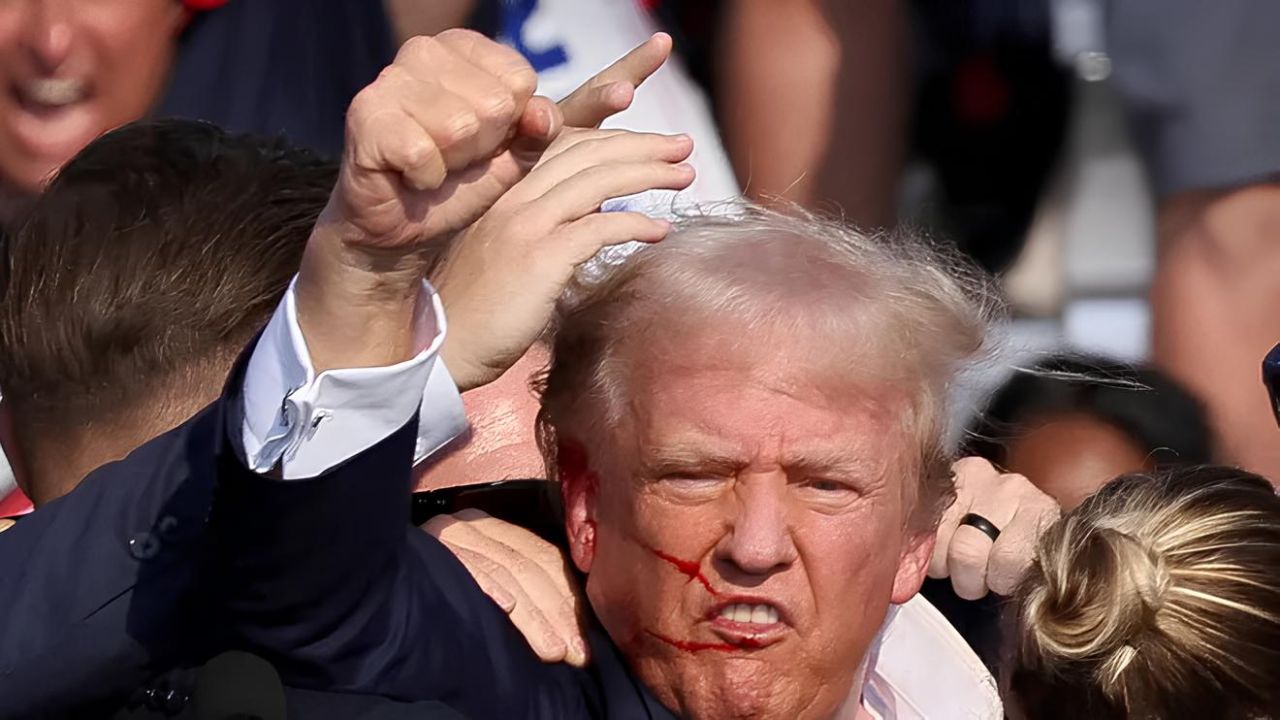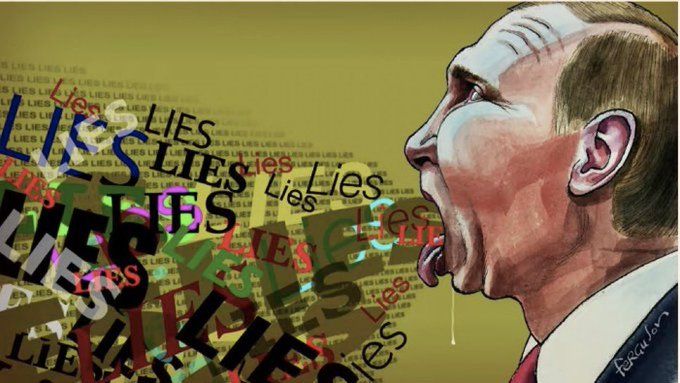The Mechanism of Amplification
Political leaders with large followings, like Donald Trump, possess significant influence over public discourse. When they use inflammatory language, their words do not remain confined to a single event or platform. Instead, these remarks are quickly magnified through social media channels, where they are shared, retweeted, and commented upon by millions. This rapid dissemination not only spreads the message but also intensifies its impact. As a result, statements that might have been considered fringe ideas gain mainstream traction and legitimacy.
The Role of Repeated Untruth Statements
A key component of inflammatory rhetoric is the repeated use of false statements. These untruths often form the foundation of the rhetoric, creating a narrative that fuels anger and resentment. For example, the persistent claim that the 2020 election was stolen—despite being debunked by numerous court rulings and investigations—has continued to be a central theme in Trump's speeches. This narrative not only undermines public trust in democratic institutions but also incites individuals to take drastic actions based on these falsehoods.
Champions of Inflammatory Speeches
Political figures who engage in inflammatory rhetoric often present themselves as defenders of a beleaguered cause, positioning their followers as participants in a righteous battle. This framing can radicalize individuals, making them more likely to justify violence as a legitimate response to perceived threats. Trump's speeches frequently include calls to "fight like hell," portraying political opposition as existential threats that must be met with aggression.
Fake News Spreaders
The spread of fake news further exacerbates the problem. Social media platforms are rife with misinformation, which is often propagated by individuals or groups with agendas aligned with those of the inflammatory speakers. These false narratives can quickly gain traction, especially when they are shared by influential figures. The synergy between fake news and inflammatory rhetoric creates an echo chamber where individuals are repeatedly exposed to and reinforced in their extremist views.
The Role of Free Speech Absolutists
Free speech absolutists argue that all forms of speech, regardless of their content, should be protected. This stance, while rooted in a fundamental democratic principle, can inadvertently shield those who use speech to incite violence. By framing any restriction on speech as an attack on liberty, these absolutists create a permissive environment where dangerous rhetoric can flourish without consequence. This protection often extends to those who spread fake news and inflammatory statements, complicating efforts to hold them accountable.
The Cascade Effect
Once a violent event occurs, instead of the rhetoric calming down, it often becomes even more inflammatory, resembling a wildfire that grows as it feeds on its own power. The assassination attempt on Trump is a prime example of this phenomenon. In the aftermath of such incidents, the rhetoric from both sides tends to escalate, leading to a cycle of increasing hostility and potential for further violence. Leaders and their followers may double down on their previous statements, viewing the event as proof of their assertions and a call to further action.
This cascade effect creates a self-perpetuating cycle of violence and inflammatory speech, where each incident fuels the next. The increasing intensity of rhetoric can make political violence seem more acceptable or even necessary to certain segments of the population, further destabilizing the political climate and threatening democratic institutions (Brookings) .
The amplification of inflammatory political speeches through social media, the persistent use of untruths, the support of free speech absolutists, and the cascade effect of escalating rhetoric create a volatile mix that can lead to real-world violence. The assassination attempt on Donald Trump highlights the urgent need to address these issues. While free speech is a cornerstone of democracy, it must be balanced against the need to prevent harm and protect the integrity of democratic institutions. Moving forward, it is crucial to find ways to curb the spread of harmful rhetoric while upholding the values of free expression.
A Call to Reflect and Act
To our readers, we urge you to start by watching the rhetoric of yourselves. Evaluate your own words and actions to ensure they contribute to a climate of understanding and respect rather than division and hostility. Extend this evaluation to the rhetoric of others as well. Reject readings and opinions that lead to escalation and radicalization. Think critically about the long-term effects of the authors and speakers you follow. Their words can either build bridges or tear communities apart.
Together, we can cool down the overheated discourse by fostering a culture of respectful dialogue and critical thinking. By being mindful of the power of our words, we can help steer society away from the brink of violence and towards a more harmonious and democratic future.
Remember! Don't be like Trump! This is how Trump commented on the political assassination attempt of an opponent.
SEE THE VIDEO BELOW.






